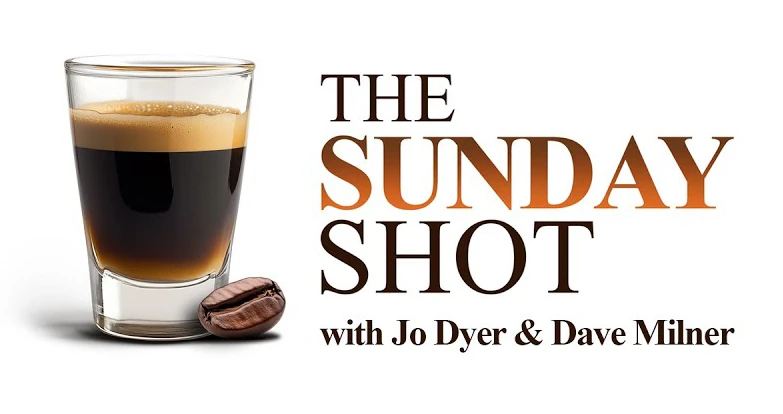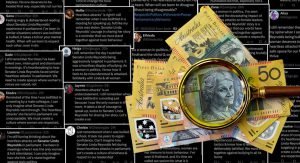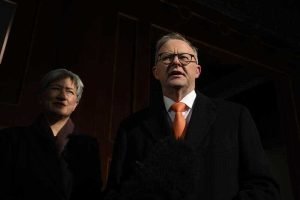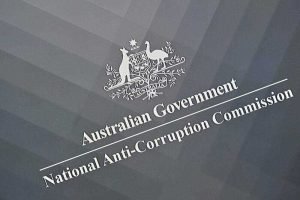The Shot
Why most politicians have been so shit this election
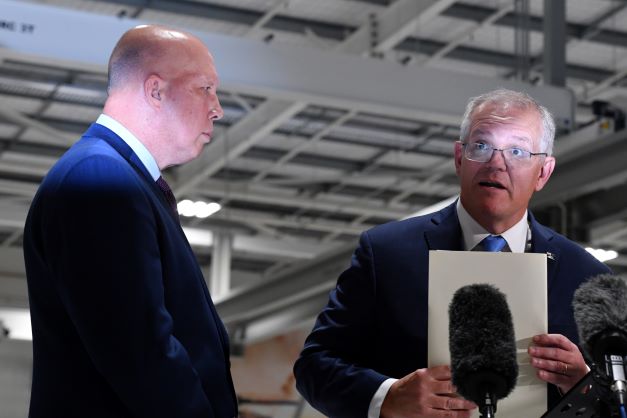
One of the most enduring myths of Australian politics is that the populace is, by and large, inherently and unmovingly conservative. This myth has been the basis of much of the current election campaign. The ALP’s ‘small target’ strategy is centred in a belief that the party lost in 2019 because its agenda was too bold and in turn, the only way to win is to focus primarily on attacking the Coalition. Similarly, Scott Morrison has been accused of using the anti-trans comments from candidate Katherine Deves as a cultural war tactic to turn socially conservative voters, mostly in suburban seats, towards the Coalition.
Both major parties, and many of their supporters, fundamentally believe in an inherent conservatism in Australia. However, when you start to look at polling on issues, this concept of our population begins to fall apart.
The climate wars, for example, have dominated Australian politics for the past decade, slowly limiting the ambition of both major parties. Yet, polling consistently shows that Australians want more. The 2021 Lowy Institute poll for example found that 60% of Australians agree that ‘global warming is a serious and pressing problem. We should begin taking steps now, even if this involves significant costs.’ These numbers have been rising in recent years. Similarly, on policies neither party is willing to embrace, 64% support introducing an emissions trading scheme or carbon tax, and 63% say we should ban new coal mines.
Likewise, asylum seekers are assumed to be a vote killer, particularly for the ALP. The party has strongly aligned with the Coalition on this topic, with Labor’s Home Affairs spokesperson Kristina Keneally even positioning herself as stricter than Peter Dutton. Yet, again, polling shows a more complex reality of Australian viewpoints. While the 2021 Lowy Poll found that 69% of Australians supported boat turn-backs, only 38% agreed with the position that no asylum seeker coming to Australia by boat should be allowed to settle here. Furthermore, 55% say all asylum seekers should be processed in Australia, whether or not they come by boat. These positions are strongly opposed to those held by either major party.
We find this across a range of social issues in the country. On one of the hot topics of the campaign, polling done by Equality Australia found 78% of people said trans people deserve rights and protections, 66% opposed the ability for schools to be able to expel kids based on their sexuality or gender and 66% agree that young people should be able to access healthcare that supports them to live as their true selves. That is a high level of support!
This is even true across some key economic issues. Despite all the demonization of ‘dole bludgers’, Australians overwhelmingly support increases to welfare. In 2019, a poll by ACOSS found 72% of Australians supported increasing Newstart (what is now known as Jobseeker). Similarly, an Essential poll in 2020 found that voters were highly sceptical of the Government’s tax cut agenda, which has (in part) been supported by Labor. The poll found that direct investment by government in job creation and other projects was viewed more favourably (69% agreement) than deregulation and tax cuts for wealthy Australians (19% agreement). Notably, the poll also found that a whopping 78% of people wanted the Government to explore new ways to run the economy, suggesting significant desire for change in our economic system.
So why don’t people vote this way?
This is not a comprehensive list and there are many more policy issues worth exploring. However, on some of Australia’s hottest political topics our politicians are completely disconnected from the majority of the population. This all leads to the question: if voters believe in all of this, then why do we keep electing conservative Governments?
The first answer is that when given the rare opportunity to actually vote on these progressive positions, historically, many have in fact taken that option. The last time the ALP won from opposition for example, Kevin Rudd took a relatively aggressive agenda to the electorate – promising to reform industrial relations legislation, to take action on climate change, and to dismantle the Pacific Solution for asylum seekers. These positions added significantly to the ALP’s victory. Nonetheless, these are topics the ALP has since shied away from.
More complicatedly, what this analysis shows is the complexity of people’s voting choices. People do not just vote on specific issues, but for a range of complex reasons. These reasons can be cultural, familial (people vote heavily for who their parents voted for), social and so much more. It can be about history, with people sticking to parties they once believed in even if they have fundamentally changed.
One of the reasons Rudd was so successful was that he was able to package these changes up with a coherent and strong narrative for change. This is the lesson that was not learnt from the ALP in 2019. The biggest issue for the Shorten Opposition was not necessarily the policies, many of which were popular, but the fundamental lack of story behind them. Shorten presented a grab bag of ideas, meaning nobody knew what the party was ‘about’, making it easier for the Coalition to attack individual ideas. Despite all of this he still came close to winning (a point that is often forgotten).
Parties naturally need to think about these different reasons when running an election campaign, but that does not have to mean jettisoning core progressive ideas to do so. Assuming that people will automatically reject big, bold, progressive ideas is not based on any real fact. We can, on so many of these issues, and more, be much bolder and more aggressive, and it would gain wide support if presented within a coherent narrative. It is our politicians holding us back, not the public.
More like this
Dave Milner

